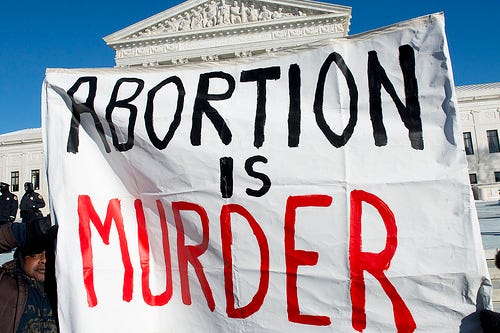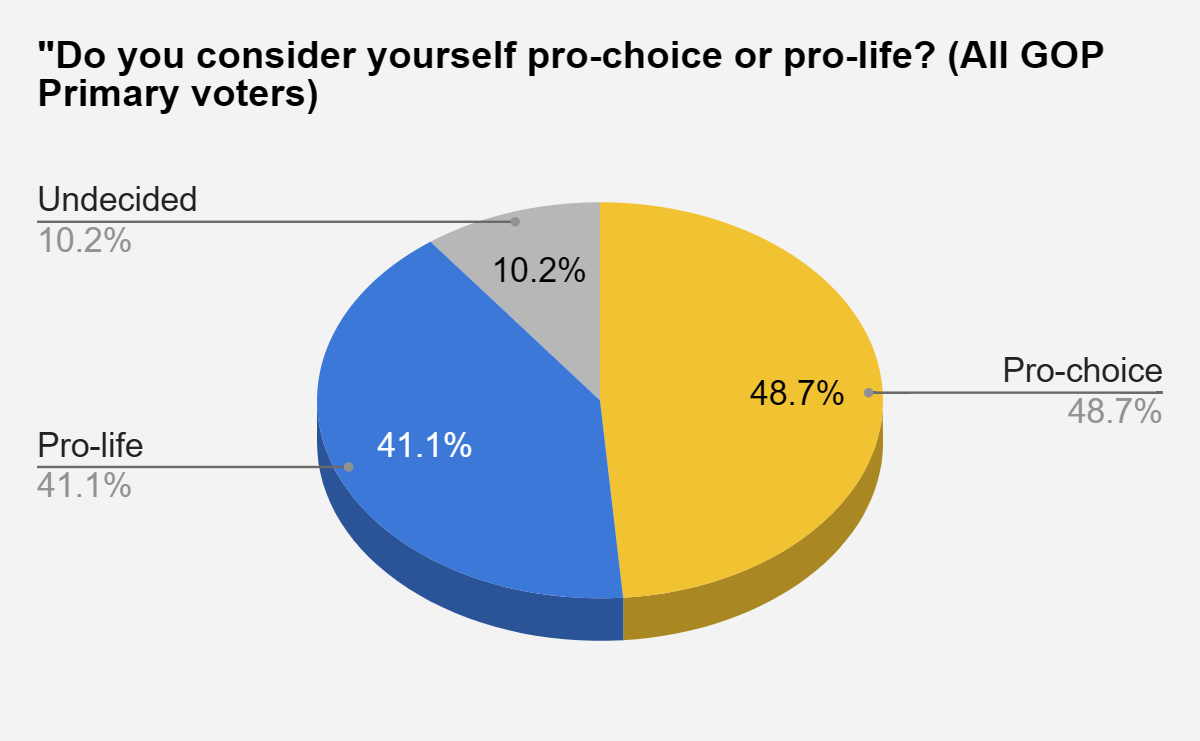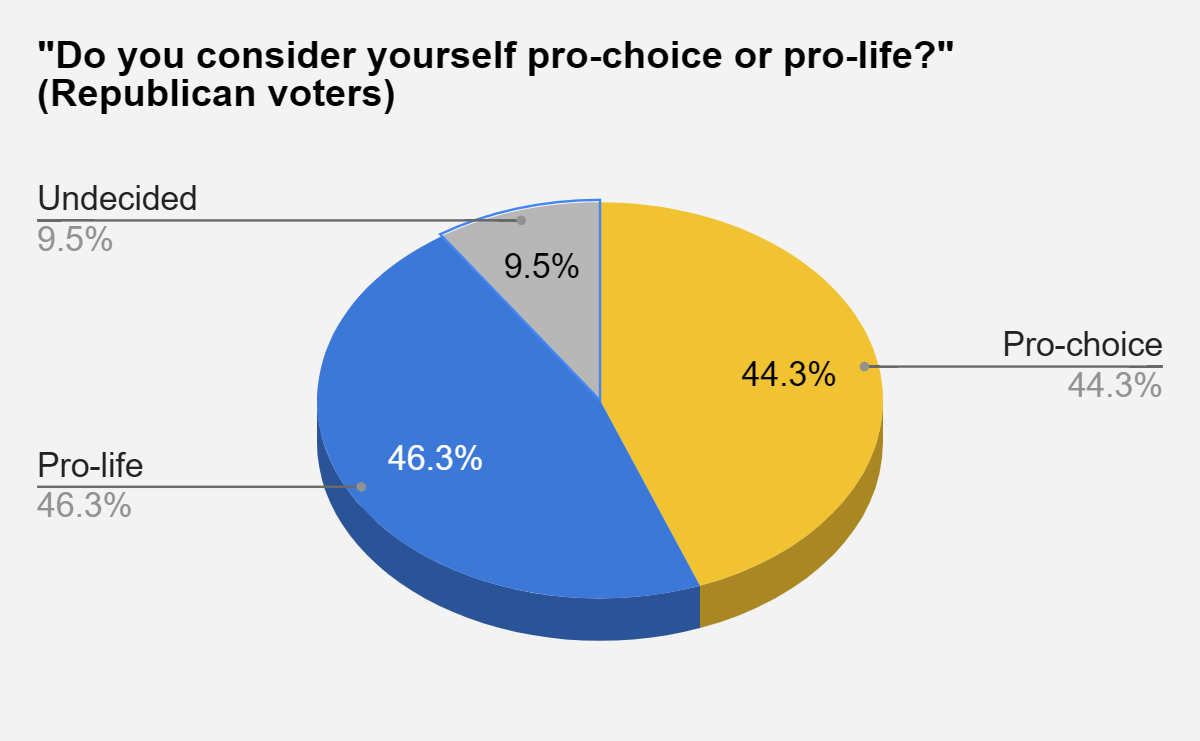
Pro-life Republicans have fired the latest shot in the party’s civil war. New Hampshire Right to Life today called for the removal of N.H. GOP National Committeeman Steve Duprey “for abusing the platform of the NHGOP in his explicit support for abortion.”
It’s not Duprey’s first run-in with conservative activists. In 2013, he was quoted saying, “the only people who would not want to accept federal money for [Medicaid expansion] are flat earth tea partiers and Ted Cruz fans who don’t want to pay taxes but still want their Social Security.”
Duprey, who publicly supports abortion rights, is under fire for attending a Planned Parenthood fundraiser last week that featured Cecile Richards, the group’s president. “Where I have a personal difference in the party platform,” Duprey told James Pindell, “I don’t trumpet it and I don’t make a big deal about it.”
The New Hampshire Republican Party platform is decidedly pro-life and even includes support for a so-called Personhood Amendment, which would grant the rights of a citizen to the “pre-born” at conception.
A recent public opinion survey indicates the platform is at odds with the majority of likely voters in next years’ Republican presidential primary. In a poll conducted by the Suffolk University Political Research Center, 49% of those likely voters said they are pro-choice. 41% identified themselves as pro-life. Registered Republicans, who made up 59% of the sample (undeclared voters can also vote in the Republican primary), were evenly split. 44% consider themselves pro-choice; 46% say they are pro-life.
Regardless of their position, very few of these voters consider abortion policy to be an important issue. When asked to identify “the most important issue facing the country right now,” less than 2% of the sample chose abortion policy. Of the 11 issues listed in the survey, the only issue identified as the most important by fewer people was same-sex marriage – the other high profile social issue that divides the party.
The Suffolk University Political Research Center conducted live telephone interviews with 500 likely Republican primary voters between March 21 and March 24, 2015. The margin of error is plus or minus 4.4%. Error margins increase for smaller subgroups.




